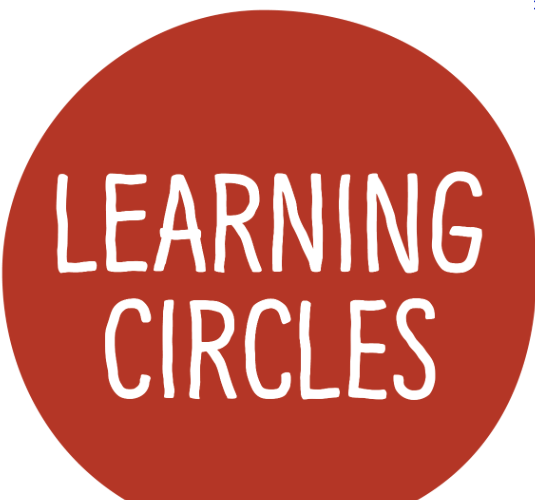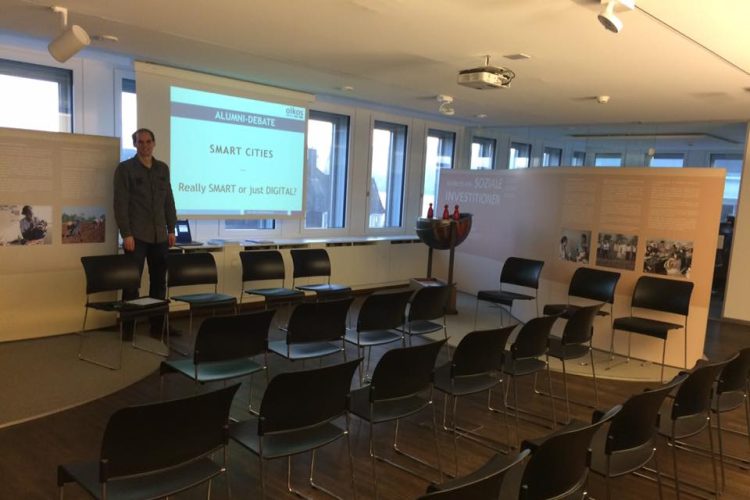Almost a month has passed since the oikos FutureLab 2016. High time to trace back their actions since the FutureLab. Learn more about their plans and how you can...
On November 15, oikos Alumni came together for the fifth Alumni Debate in Zurich, Switzerland. The developments on the intersection of urbanization and digitalization were at the center of...
Join oikos&Pizza in st. Gallen and meet Lush, Fresh handmade cosmetics. For more information read in German here
- 1
- 2



